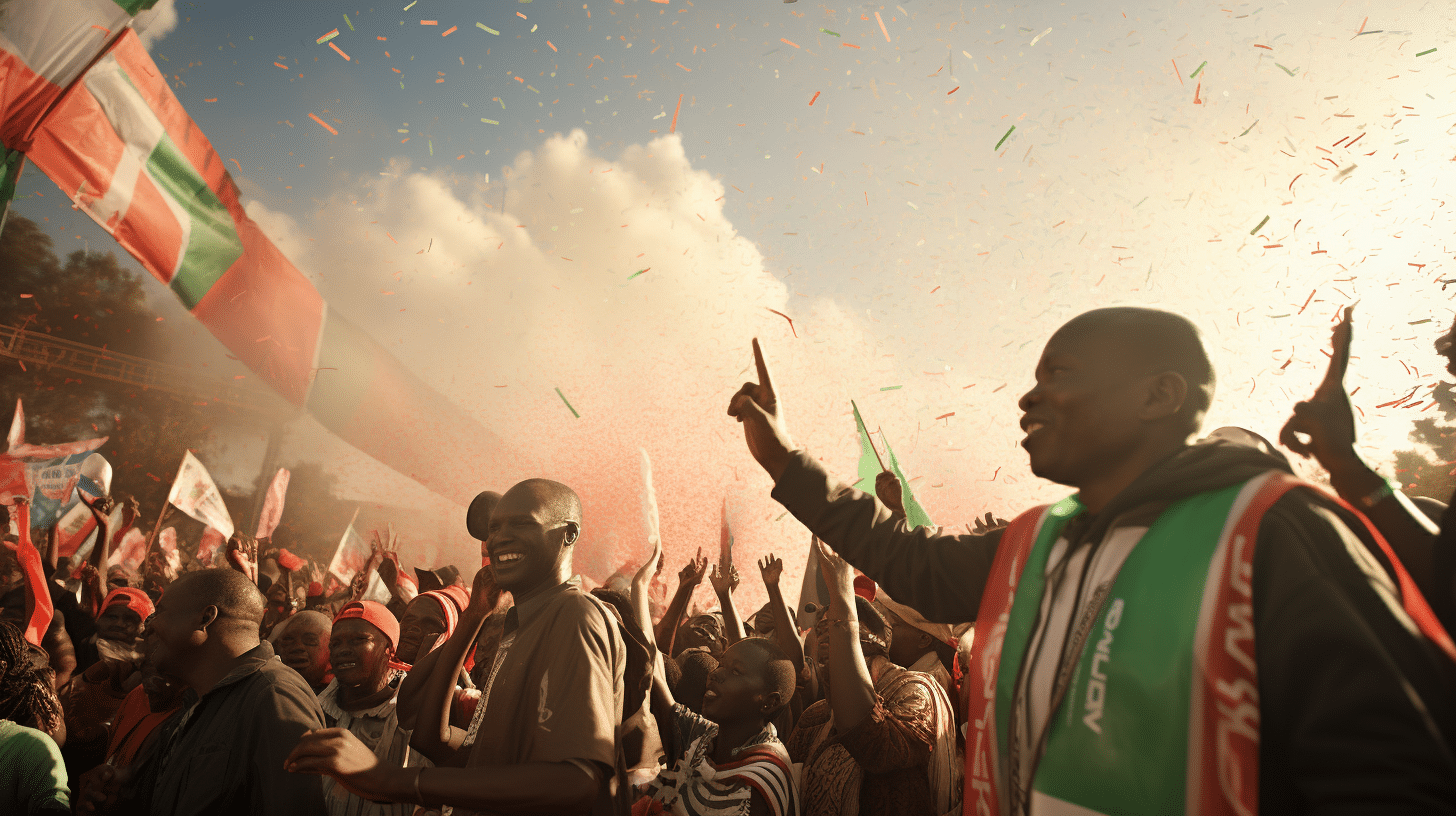Political parties in kenya help to promote democracy. They offer alternative polices from being pursued by the government. Kenya is a multiparty democracy whereby many political parties are allowed to participate in national and civic elections. Usually the party with better policies and programs for the country wins the election and forms the government as the ruling party.
In a democracy country like Kenya, political parties play the following functions:
-
They promote freedom of association that allow people to belong to a political party of their choice. Where there are many political parties, there are higher chances of the people’s beliefs and wishes to being carted for. They also increase their chances of selection as many political parties provide opportunity for candidates who are denied freedom from one party to join another. Some of the parties demand a lot of money from people who would want to be sponsored by the parties, while other have fewer demands
-
Political parties also provide an alternative government in situations where the ruling party fails to meet the needs of the people, the opposition party has a shadow government and promises wananchi it can do better than the government. That is how KANU was bitten by NARC during the 2002 elections. They also put the government on its toes as they monitor the activities of the government on behalf of wananchi. In a situation where there is only the ruling party, wananchi will not be aware of the poor performance of the government. Political parties in parliament will help make good laws for the country as they correct bad policies of the government. The presence of the political parties in parliament and other government institutions ensures that the government spend the revenue collected for the welfare of the people.
-
Political parties educate wananchi on national issues and the problems facing the country and the solutions to the problems. They do so as they hold rallies when they campaign for the various seats in their effort to win the elections. Political parties use newspapers, radio and television to give information to wananchi and encourage them to vote hence encouraging them to exercise their right to vote and elect wise leaders of their choice.
-
Political parties in Kenya encourage the respect for human rights and opposition parties as they act as people representative, they also make the change of government orderly and lawful as witnessed in 2002. Above all political parties make democracy to work and when they are active they encourage wananchi to participate in national affairs.



0 comments